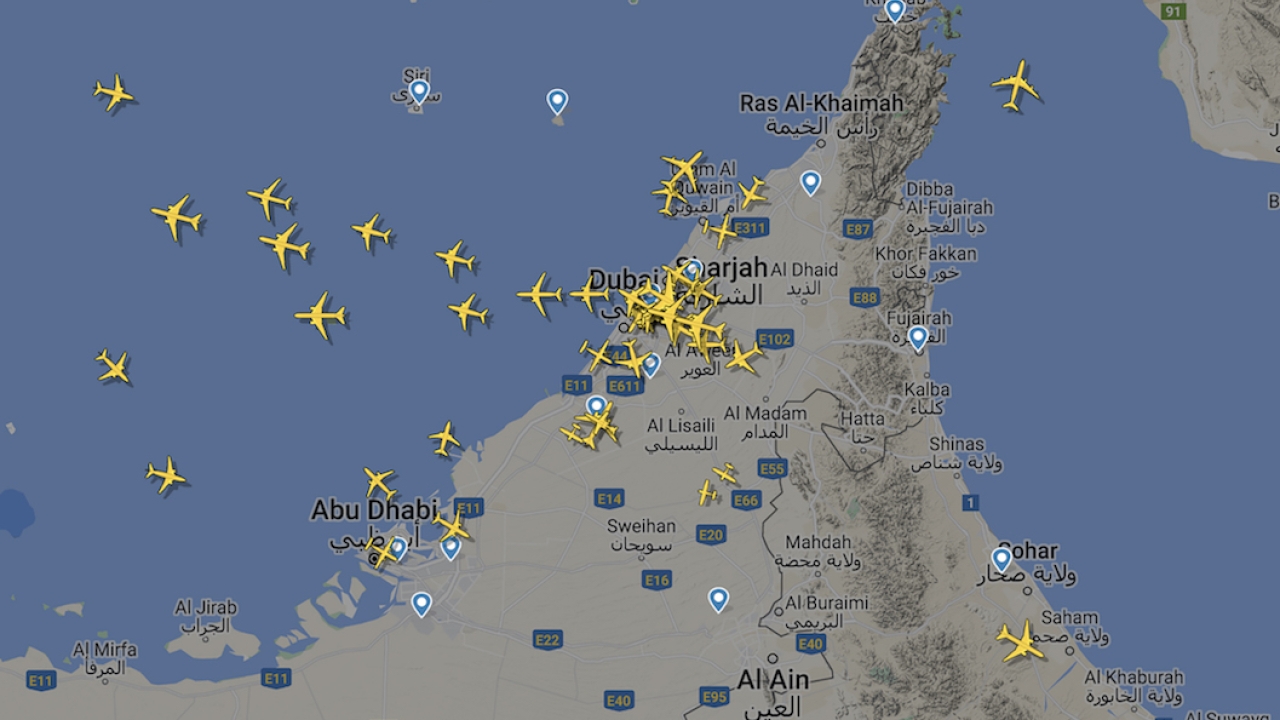NATS seeks C-Suite buy in to Mid East ATC Economics report

John Swift (right), director, NATS Middle East, said the one-of-its-kind report, commissioned by NATS and compiled over the past six months by Oxford Economics, was a step in “contributing to the debate” and that it is essential reading for decision-makers inside the industry and at state finance levels.
“We are working actively on the ground in Kuwait, Qatar, the UAE and Oman to get the report into the right hands and are also endeavouring to engage the right audience in Saudi Arabia and Bahrain,” he said.
Swift said the report is aimed at taking ATC into the mainstream economic debate. NATS, he said, believes air traffic management’s role as an economic driver is often overlooked or misunderstood because of its “invisible infrastructure” nature. “We want to build visibility for how important this subject is,” he said.
Admitting to being “surprised at the sheer scale” of the economic impact revealed in the report, Swift said ATC’s role as a mainline support for economic diversification could no longer be overlooked.
“This is about implementation. It will only be useful if it stimulates debate,” he said.
The NATS report said the US $16.3 billion in benefits would accrue by avoiding a doubling in delays over the next decade during which Middle East fleets are expected to grow at more than 10% annually. The region’s already congested skies, says the report, represent a significant threat to the two million jobs that depend on aviation in the region and its US $116 billion aviation economy.
And Swift added that failure to act could go so far as to jeopardise the successful hub and spoke models of the region’s major airlines.
“Hub and spoke needs predictability. If word gets out that a certain place suffers from delays, well there are people waiting in the wings to exploit this. Turkish Airlines, for instance, is achieving huge growth in terms of route network and new destinations and is on the fringe ready to challenge the success of the Gulf airlines and their current commercial model could be at risk.”
Stay up to date
Subscribe to the free Times Aerospace newsletter and receive the latest content every week. We'll never share your email address.

